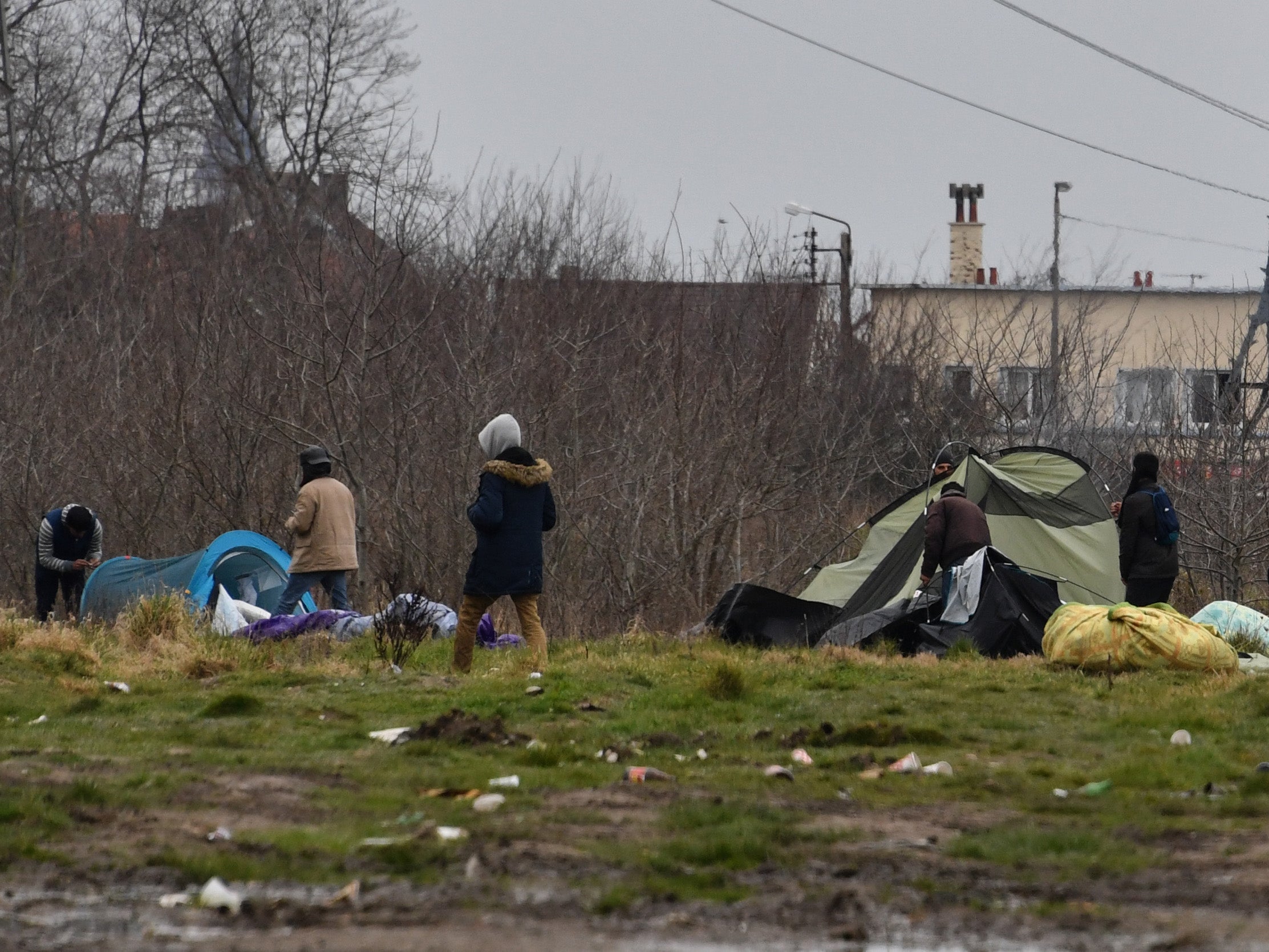More than a thousand refugees suffer 'inhumane' living conditions in Calais and Dunkirk, warns UN
'I am concerned that for every step forward, two steps are taken back. The situation along the northern French coast is emblematic of the need for much more attention from national and international authorities on this issue'

Hundreds of refugees are living in “inhumane” conditions in northern France with no toilets and only polluted rivers to wash in, the United Nations (UN) has warned.
"Increasingly regressive migration policies" and a lack of attention from national and international authorities has led to hundreds of displaced people living without adequate emergency shelter or proper access to drinking water in Calais and Dunkirk, experts said.
It is estimated that up to 900 migrants and asylum-seekers are currently based in Calais, 350 in Dunkirk and an unidentified number at other sites elsewhere along the northern French coast.
The French government has in recent months, taken temporary steps to provide access to emergency shelter, drinking water and sanitation for some refugees. Up to 200 migrants are currently being put up at a sports centre in Dunkirk.
But the UN experts stressed that these were not long-term solutions and warned that there was an absence of valid alternatives in the provision of adequate housing.
Leo Heller, the UN’s special rapporteur on the human rights to water and sanitation, said refugees in the region were facing an “inhumane situation”, with some living in tents without toilets and washing themselves in polluted rivers or lakes.
He added: “Some efforts have been made, but not enough. I am concerned that for every step forward, two steps are taken back. The situation along the northern French coast is emblematic of the need for much more attention from national and international authorities on this issue."
Refugees welcome here: Protesters demand UK resettle more migrants in response to refugee crisis
Show all 7The warning comes almost a year-and-a-half after the demolition of the so-called Jungle camp in Calais, which was home to around 8,000 refugees before it was destroyed and more than 10,000 at its peak.
Following its closure, people were transported away from the region to reception centres across France, but the number of migrants re-entering the region has been gradually rising in recent months.
The UN’s special rapporteur on the human rights of migrants, Felipe Gonzalez Morales said the UN was concerned about "increasingly regressive migration policies and the inhumane and substandard conditions suffered by migrants".
He added: “Migrants, regardless of their status, are entitled to human rights without discrimination, including access to adequate housing, education, healthcare, water and sanitation as well as access to justice and remedies.
“By depriving them of their rights or making access increasingly difficult, France is violating its international human rights obligations.”
The experts also called for action to end harassment and intimidation of volunteers and members of non government organisations providing humanitarian aid to migrants. They urged France to fulfil its obligations and promote the crucial work of human rights defenders.
Annie Gavrilescu, field manager in France for charity Help Refugees, told The Independent: "A new worrying pattern is emerging, in Calais and across Europe, of criminalising aid workers. This comes in the context of significant aggression, violence and neglect that refugees themselves face from the police.
"However, any intimidation, harassment, criminalisation or hindrance of humanitarian aid is simply unacceptable and reminiscent of a very dark time in history. Human Rights Watch and a UN Special Rapporteur have also condemned this phenomenon.
"We will continue to provide humanitarian assistance, because solidarity and aid are not crimes, but the bedrock of a civilised world."
Subscribe to Independent Premium to bookmark this article
Want to bookmark your favourite articles and stories to read or reference later? Start your Independent Premium subscription today.

Join our commenting forum
Join thought-provoking conversations, follow other Independent readers and see their replies